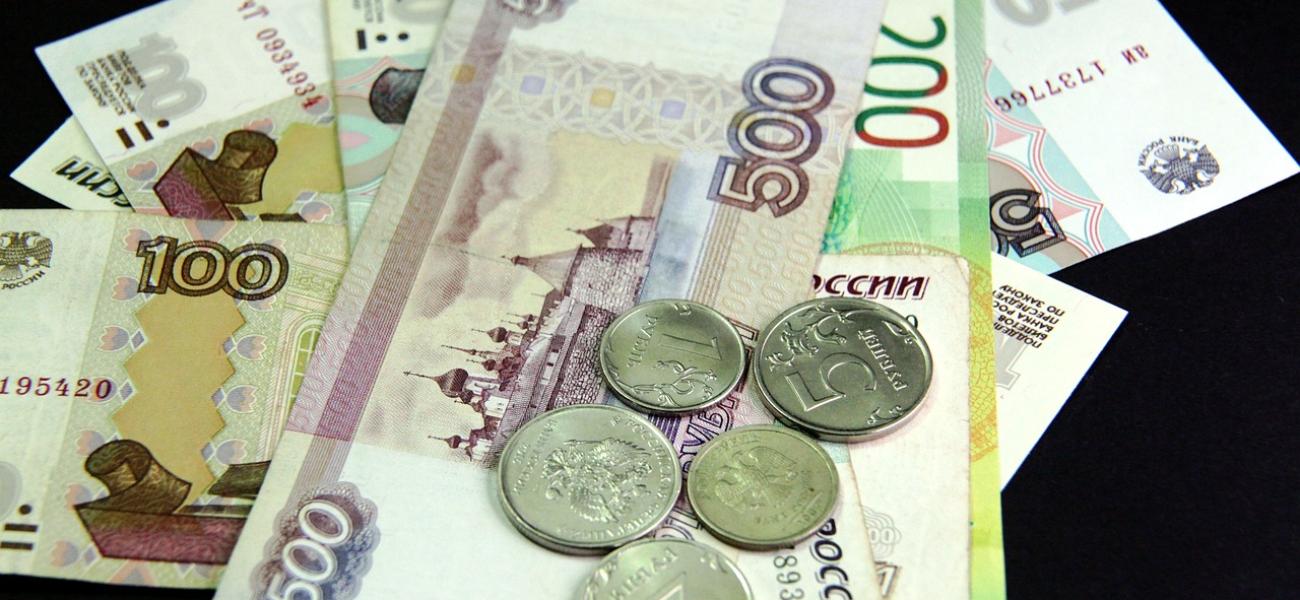
How Have Sanctions Impacted Russia?
October 26, 2022
Maria Demertzis, Benjamin Hilgenstock, Ben McWilliams, Elina Ribakova and Simone Tagliapietra
This policy brief, authored by Maria Demertzis, Benjamin Hilgenstock, Ben McWilliams, Elina Ribakova and Simone Tagliapietra, was originally published by Bruegel.
Executive Summary
- Russia’s invasion of Ukraine has triggered a series of sanctions imposed by the European Union, the United States and others. Sanctions included restrictions on Russia’s financial industry, its central bank and its coal and oil exporters, in addition to general export controls. Meanwhile, foreign companies have withdrawn voluntarily from the Russian market as a result of a ‘self-sanctioning’ trend. We assess the impact these sanctions have had on Russia’s economy in the immediate aftermath of the invasion and more structurally.
- Russian fiscal revenues have not suffered from sanctions sufficiently to reduce the length of this war. Effective management by the Bank of Russia has prevented financial instability and has therefore also protected the real economy. However, this picture of economic containment is coming to an end.
- Russia’s fiscal revenues are now beginning to take a hit; given the breadth of sanctions, the economy will suffer in the medium to long term. The voluntary departure of a large number of western firms, eventual energy decoupling by the EU and Russia’s inability to find equal alternatives will damage the Russian economy severely. As the Russian economy closes in on itself, it will become harder to find reliable data to evaluate the extent of the hit.
- Still greater sanctions coordination across the globe is needed to isolate the Russian economy, limit the flow of income into Russian coffers and therefore help stop the war.
Download the full report below.
The opinions expressed herein are solely those of the authors. Photo shared under a Pixabay license.
Click to Subscribe
Russia Matters offers weekly news and analysis digests, event announcements and media advisories.
Choose and sign up here!
Recent Analysis
CIA Director Burns on Ukraine: ‘We’re Running Out of Time to Help Them’
April 25, 2024
George W. Bush Presidential Center
Personnel Stagnation to Splinter Putin Elite With Battle of Lost Generations
April 19, 2024
Andrey Pertsev

